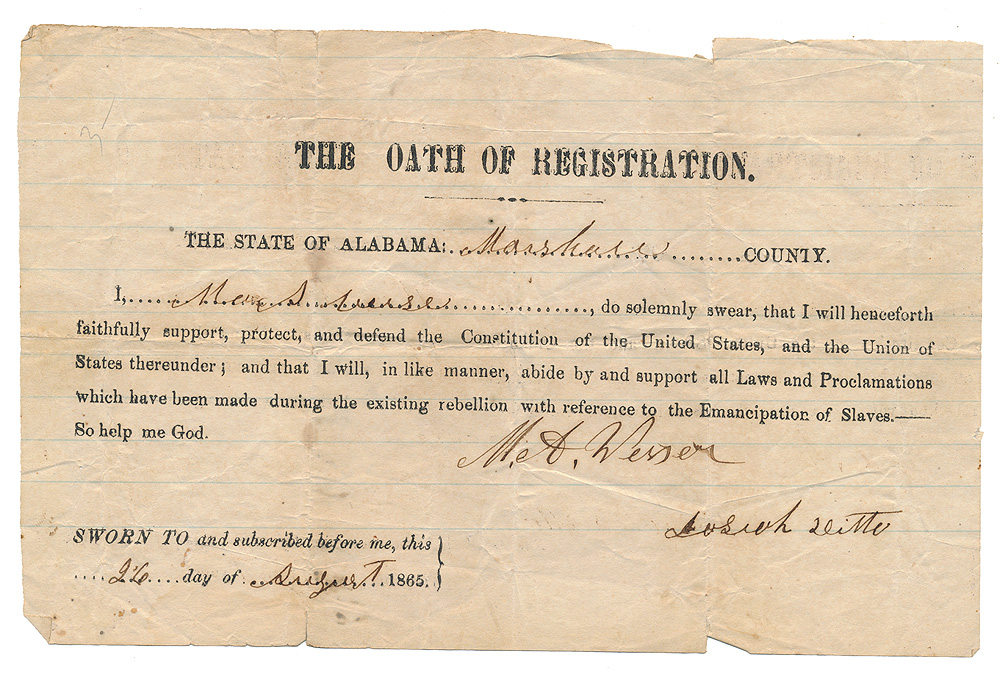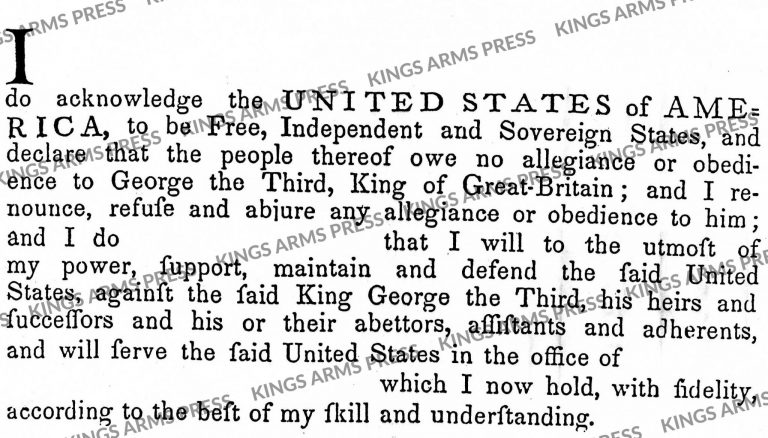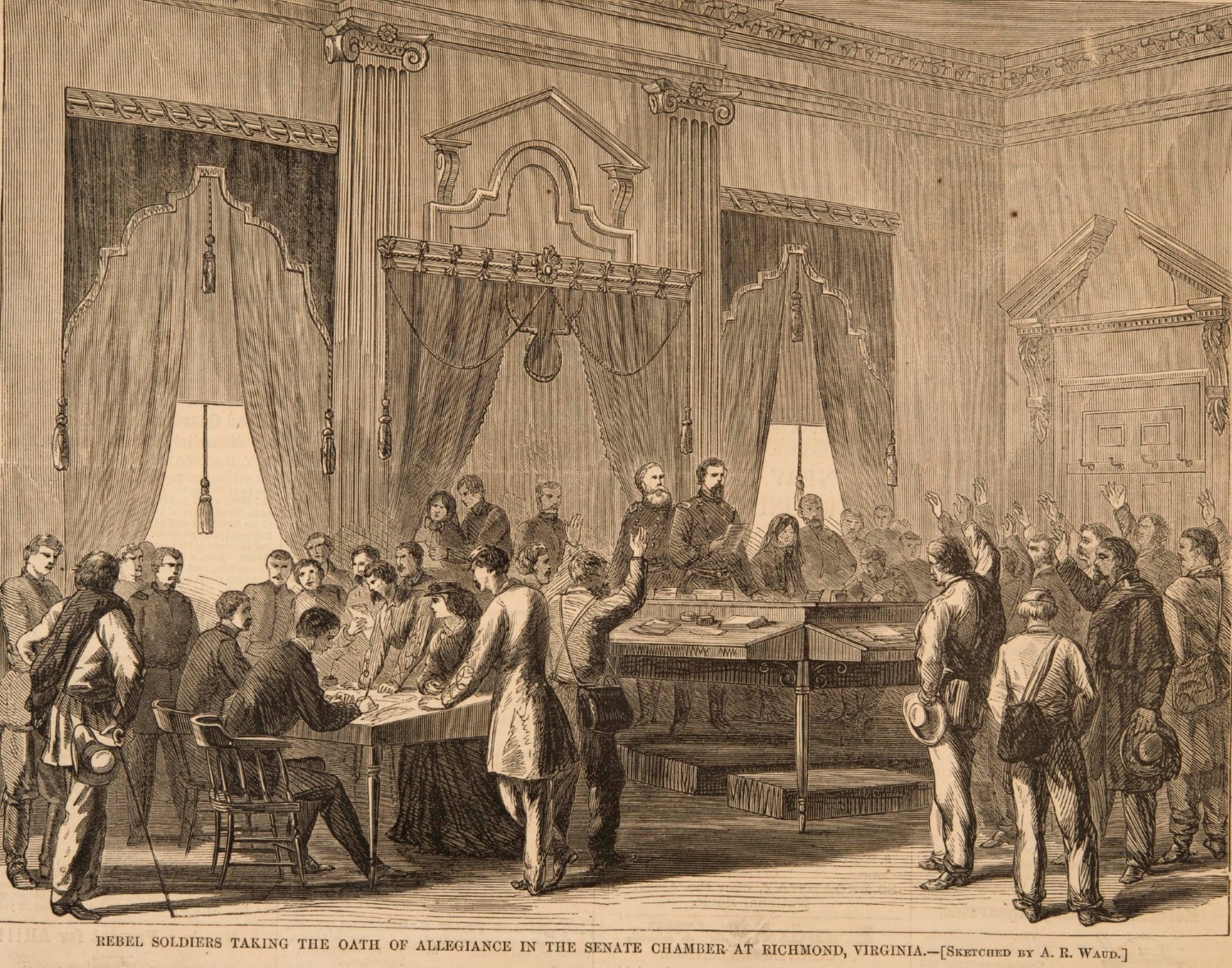

(b) It is conceded that §§ 401(j) and 349(a)(10) would automatically strip an American of his citizenship, without any administrative or judicial proceedings whatever, whenever he departs from or remains outside the jurisdiction of this country for the purpose of evading his military obligations. (a) The great powers of Congress to conduct war and to regulate the Nation's foreign relations are subject to the constitutional requirements of due process.

In the Nation's armed forces, are unconstitutional, because they are essentially penal in character and would inflict severe punishment without due process of law and without the safeguards which must attend a criminal prosecution under the Fifth and Sixth Amendments. national emergency for the purpose of evading or avoiding training and service" "departing from or remaining outside of the jurisdiction of the United States in time of war or. Section 401(j) of the Nationality Act of 1940, as amended, and § 349(a)(10) of the Immigration and Nationality Act of 1952, which purport to deprive an American of his citizenship, automatically and without any prior judicial or administrative proceedings, for Of evading service" did not involve any determination of his citizenship status, and therefore did not estop the Government from denying his citizenship subsequently.
#GROUPS BARRED FROM TAKING OATH OF LOYALTY 1865 TRIAL#
The trial and conviction of Mendoza-Martinez for violating §11 of the Selective Training and Service Act of 1940 by going to Mexico "on or about Novem. In these circumstances, it was not necessary for the case to be heard by a three-judge District Court convened pursuant to 28 U. Although Mendoza-Martinez amended his complaint so as to add a prayer for injunctive relief before the third trial of his case by a single-judge District Court, it is clear from the trial record that the issues were framed and the case handled so as actually not to contemplate any injunctive relief. Cort's case was tried by a three-judge District Court, which enjoined the Secretary of State from denying him a passport on the ground that he was not a citizen. Mendoza-Martinez' case was tried by a single-judge District Court, which granted no injunction.

Both sued for relief in Federal District Courts, which rendered judgments declaring that the relevant statutes, § 401(j) of the Nationality Act of 1940, as amended, and § 349(a)(10) of the Immigration and Nationality Act of 1952, are unconstitutional. Mendoza-Martinez was ordered deported as an alien and Cort was denied a passport to enable him to return to the United States, both on the ground that they had lost their citizenship by remaining outside of the jurisdiction of the United States in time of war or national emergency for the purpose of evading or avoiding training and service in the Nation's armed forces. Both appellees are native-born citizens of the United States.


 0 kommentar(er)
0 kommentar(er)
